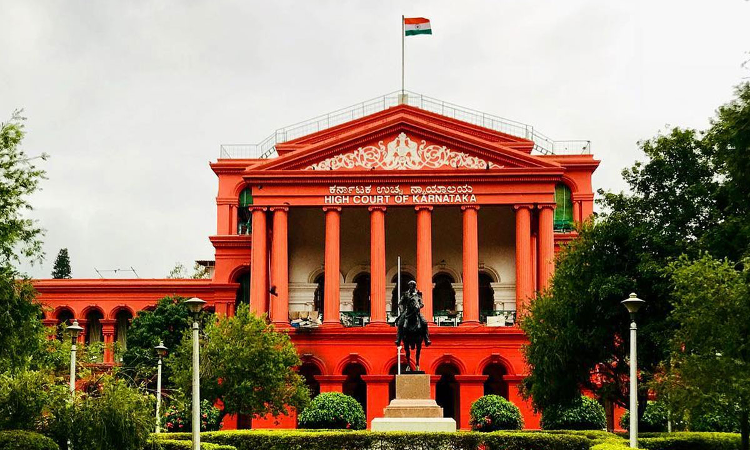Karnataka High Court Issues Guidelines To Be Followed While Reopening Self-Assessment Of Property Tax
Mustafa Plumber
29 Feb 2024 5:30 PM IST

Next Story
29 Feb 2024 5:30 PM IST
The Karnataka High Court has issued guidelines to be followed by Bruhat Bengaluru Mahanagara Palike (BBMP) while reopening self-assessment of property tax against property owners where returns are not filed and in cases of random scrutiny.A single judge bench of Justice S Sunil Dutt Yadav said “It is noticed that in most of the petitions filed by the property owners, the contention that...
